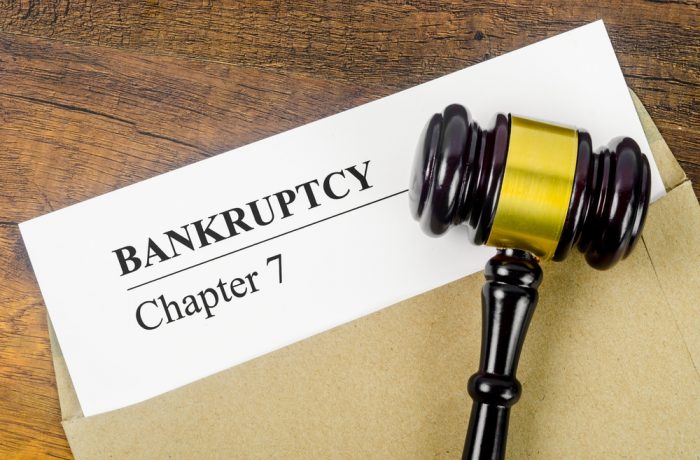You’ve probably seen ads from companies promising a “new credit identity” — that is, a fresh start for your credit history. It may seem like just the thing you need to get your credit back on track, but it’s actually a scam. These companies often sell Social Security numbers illegally. If you use a number other than your own to apply for credit, not only won’t you get credit, but you also could face fines or prison.
If your credit is less than golden, there are steps you can take to repair it on your own, at no cost. Only time and a personal debt repayment plan will improve your credit.
Signs of a Credit Repair Scam
You’ll know you’re encountering credit repair fraud if a company:
- insists you pay them before they do any work on your behalf
- tells you not to contact the credit reporting companies directly
- tells you to dispute information in your credit report — even if you know it’s accurate
- tells you to give false information on your applications for credit or a loan
- doesn’t explain your legal rights when they tell you what they can do for you
Ads That Promise a “New Credit Identity”
Companies promising a “new credit identity” say they can help you hide bad credit history or bankruptcy for a fee. If you pay them, these companies will provide you with a nine-digit number that looks like a Social Security number. They may call it a CPN — a credit profile number or a credit privacy number. Or, they may direct you to apply for an EIN — an Employer Identification Number — from the Internal Revenue Service (IRS). EIN’s are legitimate numbers, typically used by businesses to report financial information to the IRS and Social Security Administration — but an EIN is not a substitute for your Social Security number.
The credit repair companies may tell you to apply for credit using the CPN or EIN, rather than your own Social Security number. And they may lie and tell you that this process is legal. But it’s a scam. These companies may be selling stolen Social Security numbers, often those taken from children. By using a stolen number as your own, the con artists will have involved you in identity theft.
If you follow a credit repair company’s advice and commit fraud, you might find yourself in legal trouble. It’s a federal crime to:
- lie on a credit or loan application
- misrepresent your Social Security number
- obtain an EIN from the IRS under false pretenses
The bottom line is that if you use the number they sell you, you could face fines or time in prison.
Your Credit Rights
The Credit Repair Organization Act (CROA) makes it illegal for credit repair companies to lie about what they can do for you, and to charge you before they’ve performed their services. This law, which is enforced by the Federal Trade Commission, requires credit repair companies to explain:
- your legal rights in a written contract that also details the services they’ll perform
- your three day right to cancel without any charge
- how long it will take to get results
- the total cost you will pay
- any guarantees
What if a credit repair company you hired doesn’t live up to its promises? You have some options.
- You can sue them in federal court for your actual losses or for what you paid them, whichever is more
- You can seek punitive damages — money to punish the company for violating the law
- You can join other people in a class action lawsuit against the company, and if you win, the company has to pay your attorney’s fees
Report Credit Repair Fraud
State Attorneys General
Many states also have laws regulating credit repair companies. If you have a problem with a credit repair company, report it to your local consumer affairs office or to your state Attorney General (AG).
Federal Trade Commission
You also can file a complaint with the Federal Trade Commission. Although the FTC can’t resolve individual credit disputes, it can take action against a company if there’s a pattern of possible law violations. File your complaint online at ftc.gov/complaint or call 1-877-FTC-HELP.





